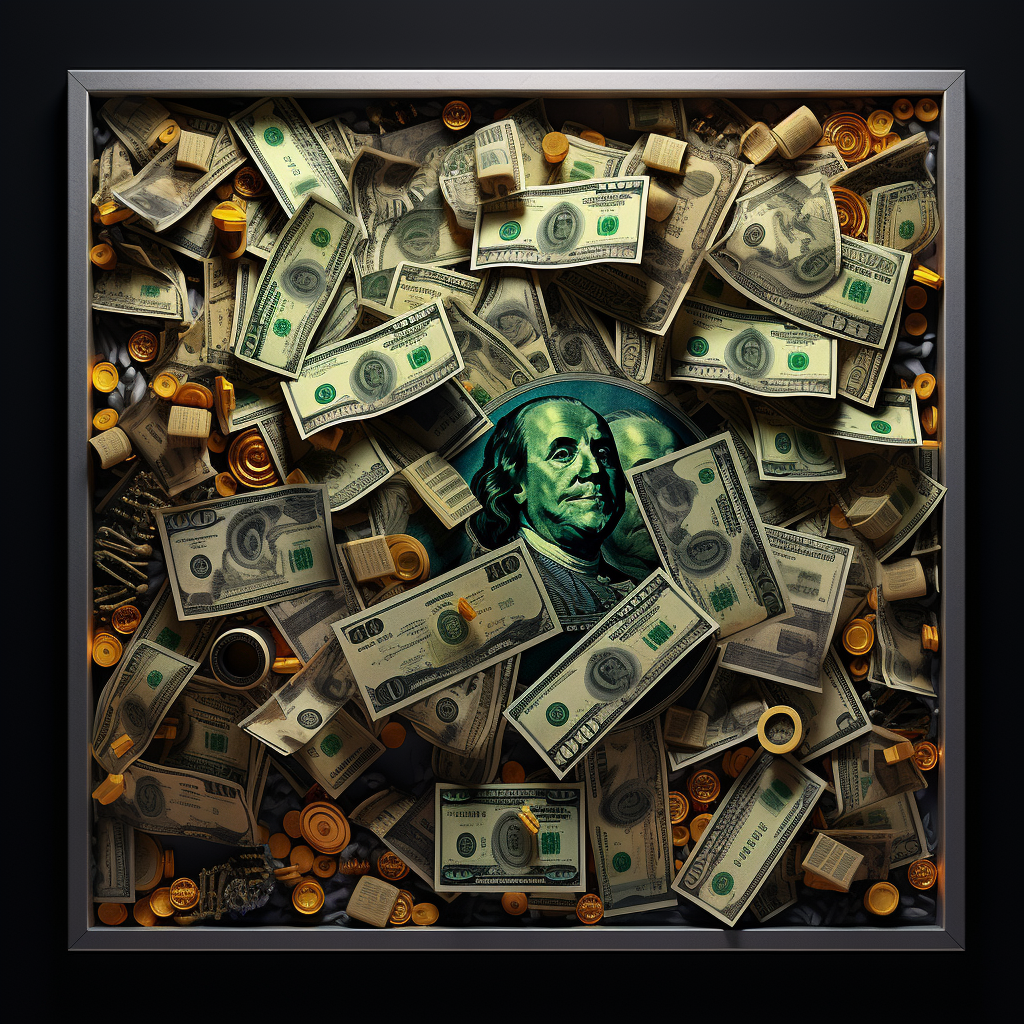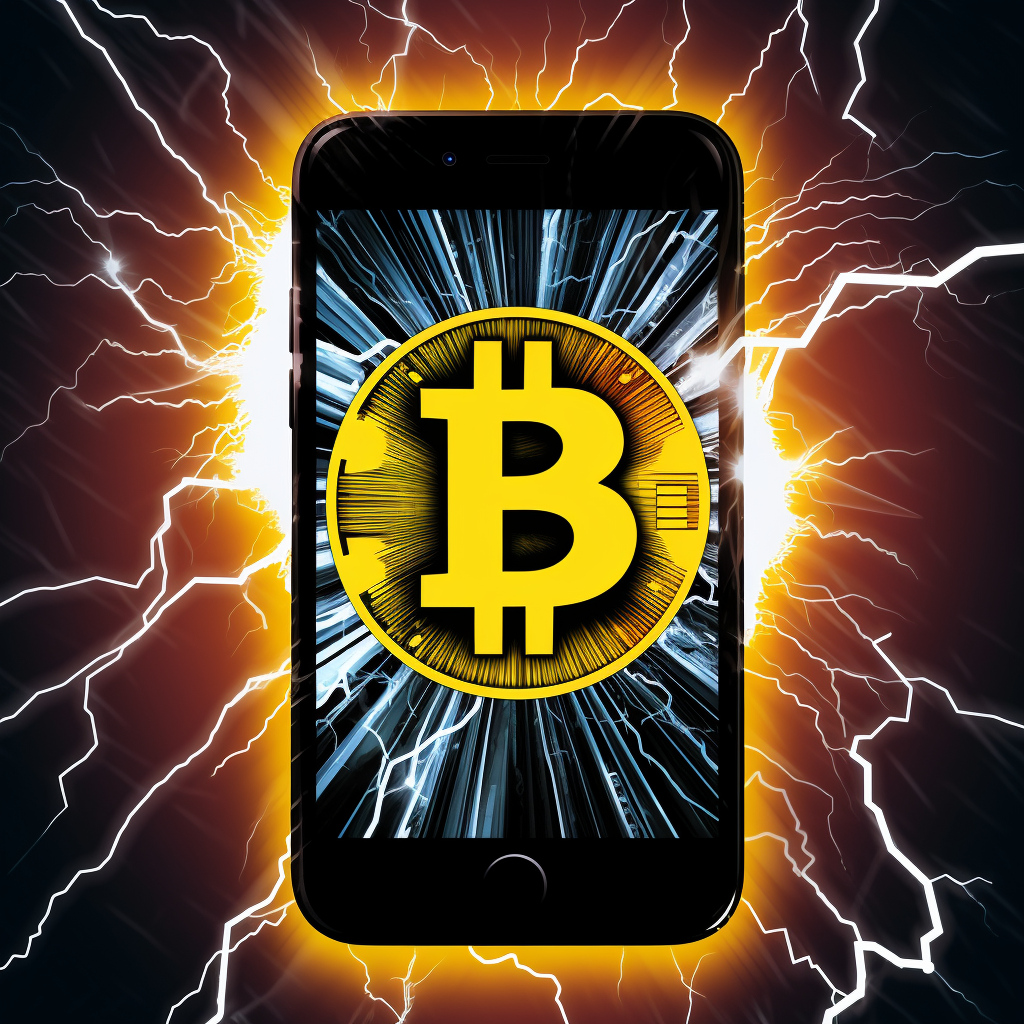The concept of money has evolved over millennia, from barter systems to gold coins, paper notes to digital tokens. Its essence lies in its ability to facilitate trade, store value, and act as a unit of account. But how has this definition changed in the digital age? Let’s dive deep into the rich tapestry of money’s evolution and its current digital avatar.
Traditional Properties of Money:
Durability: Money should withstand the test of time and not degrade.
Portability: It should be easy to carry and transfer.
Divisibility: One can break it down into smaller units without a loss in value.
Uniformity: Every unit should be the same as every other unit.
Limited Supply: To maintain its value, money should be available in limited quantities.
Acceptability: Everyone must recognize and accept it as a medium of exchange.
The Digital Money Evolution:
With the digital revolution, money took on additional properties, changing our relationship with it.
Established history: Money’s longevity speaks to its trustworthiness. The longer it endures, the more people trust it, reflecting the Lindy effect.
Censorship resistance: Decentralized forms of money are beyond the reach of traditional controls. They cannot be easily confiscated or blocked.
Programmability: Digital currencies, especially those on blockchains, can incorporate specific conditions to be met before they’re spent, marking the convergence of finance and programming.
Historically, money was often “backed” by tangible assets, like gold. However, this was largely a trust mechanism. Today’s money, especially digital currencies, derive their value from their properties, not any intrinsic backing.
Bitcoin: Money for the Digital Age:
Bitcoin exemplifies the modern evolution of money. Marrying the foundational properties of gold with the advantages of digital currencies, Bitcoin offers extreme portability and fungibility. Its digital nature ensures strict supply regulation, and its decentralized architecture offers a unique promise: a system of rules without rulers.
Transactions with Bitcoin are swift, global, and relatively inexpensive, marking a stark contrast to traditional financial systems. Invented by an anonymous entity, Satoshi Nakamoto, Bitcoin brings forward a vision of peer-to-peer cash that sidesteps third-party trust and centralized supply control.
Some liken gold to the money of monarchs and fiat to the currency of governments. In this light, Bitcoin might aptly be called the money of the people.
Final Reflections:
Money’s history is as rich as civilization itself, with each epoch bringing its unique form. The departure from the gold standard ushered in the era of fiat, altering two primary monetary properties: soundness and sovereignty.
Enter Bitcoin: a digital response to these shifts. As a medium of exchange and store of value, it embraces individual autonomy, challenging traditional state controls on money movement and supply.
As we progress into an increasingly digital future, it’s essential to understand the fundamental nature of money and the pivotal role innovations like Bitcoin play in shaping our economic destinies.
Remember, understanding money isn’t just about understanding trade or economics; it’s about understanding human history, trust, and societal structures. And as these structures evolve, so does our concept of money.



0 Comments